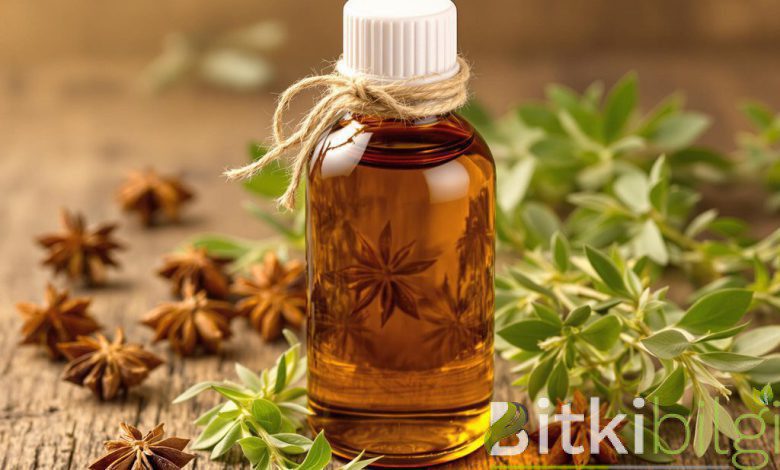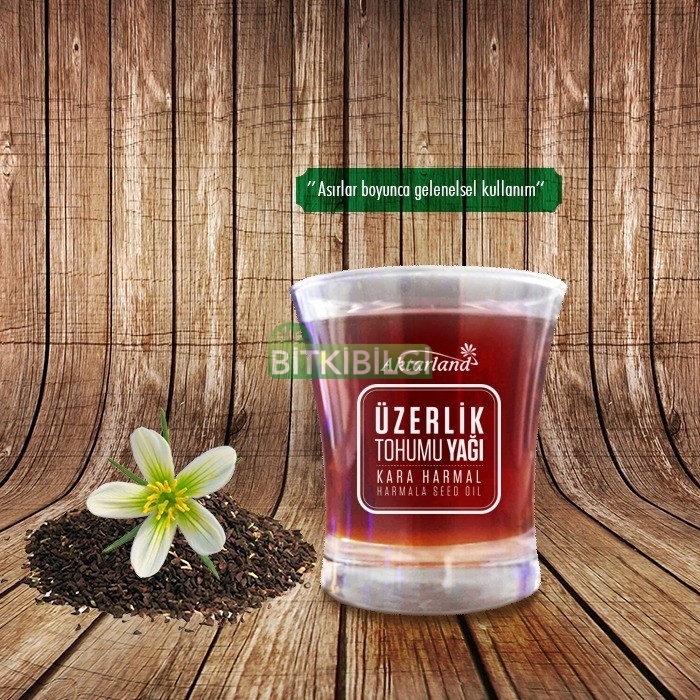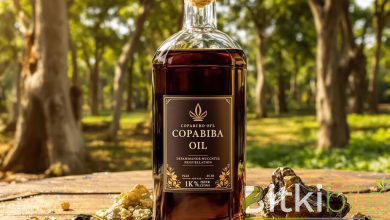Anise Oil – Nature’s Healing Touch
Anason Yağı | Sindirim Rahatlığı | Anksiyete Azaltıcı | bitkibilgi.com

Anason (Pimpinella anisum), yüzyıllardır sağlık alanında ve mutfakta değer verilen, maydanozgiller ailesinin bir üyesidir. Bu bitki, özellikle Akdeniz iklimine özgü olmakla birlikte dünya genelinde birçok kültürde faydalarıyla tanınmaktadır. Anason yağı ise bu mucizevi bitkinin en konsantre ve etkili hali olarak bilinmektedir. Son yıllarda yapılan bilimsel araştırmalar, anason yağının sağlık üzerindeki olumlu etkilerini daha iyi anlamamıza olanak sağlamış ve kullanımını geniş bir alana yaymıştır. Bu makalede, anason yağının derinlemesine özellikleri ve sağlık için sunduğu faydaları ele alınacaktır.
Anason Yağının Tanımı ve Özellikleri:
Anason bitkisi, 30-50 cm boyunda, ince yapraklı ve genellikle beyaz çiçekler açan bir bitkidir. Tohumları, tatlı ve ferahlatıcı bir kokuya sahip olup, esansiyel yağlarının temel kaynağıdır. Anason yağı, soğuk sıkım veya buhar distilasyonu yöntemleriyle elde edilir ve çeşitli terapötik özelliklere sahiptir.
Ana etken maddesi olan anetol, yağın %80-90’ını oluştururken, estragol ve fenkon gibi bileşenler de bulunur. Bu bileşikler, yağın antimikrobiyal, antifungal, antiinflamatuar ve spazm giderici özelliklerini destekler. Akdeniz, Hindistan, Orta Doğu ve Rusya gibi bölgeler dünya çapında en iyi anason yetiştiriciliği alanları olarak bilinir.
Anason Yağının Sağlık Faydaları:
Anason yağının sağlık için birçok faydası bulunmaktadır. İşte bu etkilerden bazıları:
Sindirim Rahatlığı:
Anason yağı, yüzyıllardır sindirim sistemi problemlerinin tedavisinde kullanılmaktadır. Mide krampları, gaz sancısı ve şişkinlik gibi şikayetleri hafifletir. Ayrıca, bağırsak hareketlerini düzenlemeye ve mide spazmlarını gidermeye yardımcı olur. Modern çalışmalarda, bu yağın sindirim sistemi kaslarını gevşeterek rahatlatıcı bir etki gösterdiği kanıtlanmıştır.
Anksiyete ve Stresi Azaltma:
Anason yağı, aromaterapide yaygın olarak kullanılır ve duygusal rahatlama sağlayabilir. İçeriğindeki anetol, nörotransmitterler üzerinde olumlu etki göstererek sakinleştirici bir his yaratır. Yapılan bazı araştırmalar, anason yağının stres ve anksiyete semptomlarını hafifletebileceğini göstermektedir. Ayrıca uyku kalitesini artırıcı etkileri de bulunmaktadır.
Solunum Yolu Rahatlatıcısı:
Bronşit, öksürük ve astım gibi solunum yolu rahatsızlıklarının tedavisinde geleneksel olarak kullanılan anason yağı, balgam söktürücü olarak etkili olabilir. Solunum yollarını temizler ve nefes almayı kolaylaştırır. Özellikle grip ve soğuk algınlığı dönemlerinde tercih edilen bir destek ürünüdür.
Antimikrobiyal Özellikler:
Anason yağı, antibakteriyel ve antifungal özelliklere sahip olduğu için enfeksiyonların önlenmesinde ve tedavisinde destekleyici bir rol oynar. Araştırmalar, bu yağın özellikle gıda kaynaklı bakterilere karşı etkili olduğunu göstermiştir.
Kullanım Alanları ve Yöntemleri:
Anason yağı, birçok farklı şekilde kullanılabilir. Ancak etkili ve güvenli bir kullanım için talimatlara dikkat edilmesi önemlidir. İşte en yaygın kullanım şekilleri:
Aromatherapy:
Bir aroma difüzörüne birkaç damla anason yağı ekleyerek evinizde rahatlatıcı bir atmosfer yaratabilirsiniz. Bu yöntem, gevşeme sağlar ve stres seviyelerini azaltır.
Massage:
Taşıyıcı bir yağ ile seyreltilerek cilde masaj yapılabilir. Kas ağrılarının azalmasına, kan dolaşımının artmasına ve cilt sağlığının desteklenmesine yardımcı olur.
Çay Hazırlama:
Anason yağı ile yapılan çay, mideyi rahatlatır ve sindirimi kolaylaştırır. Bir fincan sıcak suya bir damla anason yağı ekleyerek doğal bir içecek elde edebilirsiniz.
Gıda Kullanımı:
Tatlılar, likörler ve bazı et yemeklerinde aroma verici olarak kullanılabilir. Ancak, ağız yoluyla kullanımda dozaj konusunda dikkatli olunmalıdır.
Uyarılar ve Yan Etkileri:
Her ne kadar doğal bir ürün olsa da anason yağı, yanlış ve doz aşımına bağlı olarak yan etkilere neden olabilir. Yüksek dozda tüketim, baş dönmesi, mide bulantısı veya alerjik reaksiyonlara yol açabilir. Hamileler, emziren anneler ve çocuklar gibi hassas grupların doktora danışmadan kullanmamaları tavsiye edilir. Ayrıca, cilt üzerine uygulama öncesi mutlaka bir yama testi yapılarak alerjik reaksiyon olasılığı değerlendirilmelidir.
Anason yağı, hem fiziksel hem de zihinsel sağlık açısından geniş bir yelpazede faydalar sunmaktadır. Dozaj konusunda dikkatli olunduğu takdirde, sindirim sistemi rahatlamasından anksiyete azaltımına kadar birçok alanda doğal bir çözüm sunabilir. Geleneksel kullanımlarla modern bilimsel keşiflerin birleşimi, anason yağını sağlık rutininize dahil etmeyi kolaylaştırmaktadır. Ancak, kullanım öncesi profesyonel bir sağlık danışmanına başvurulması en doğru yaklaşım olacaktır.


